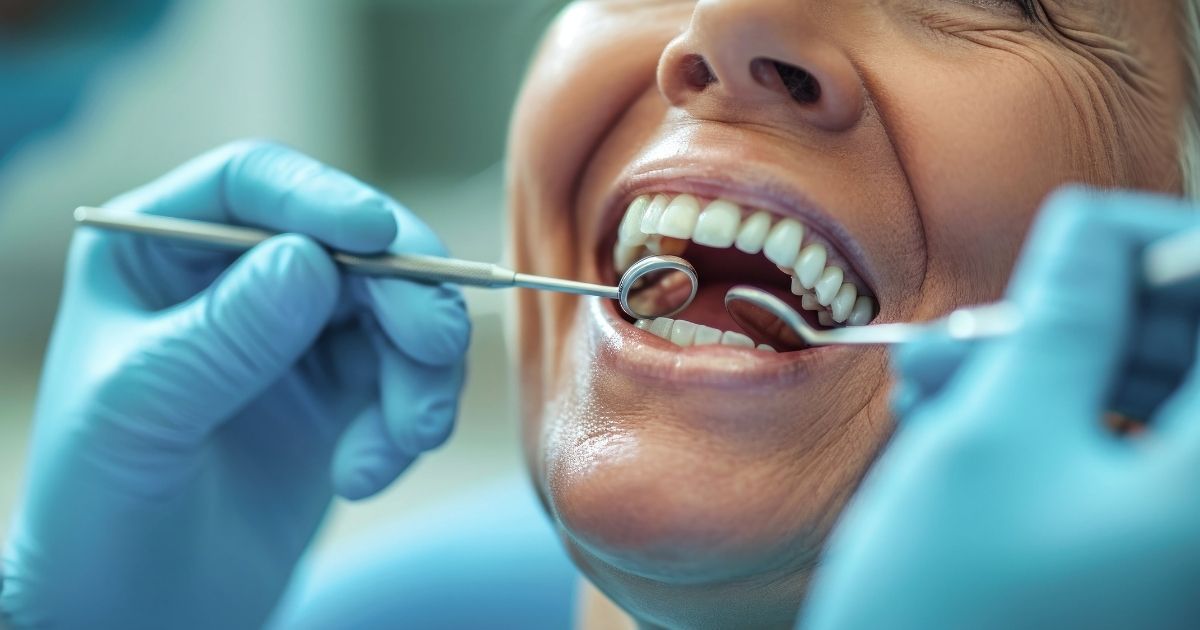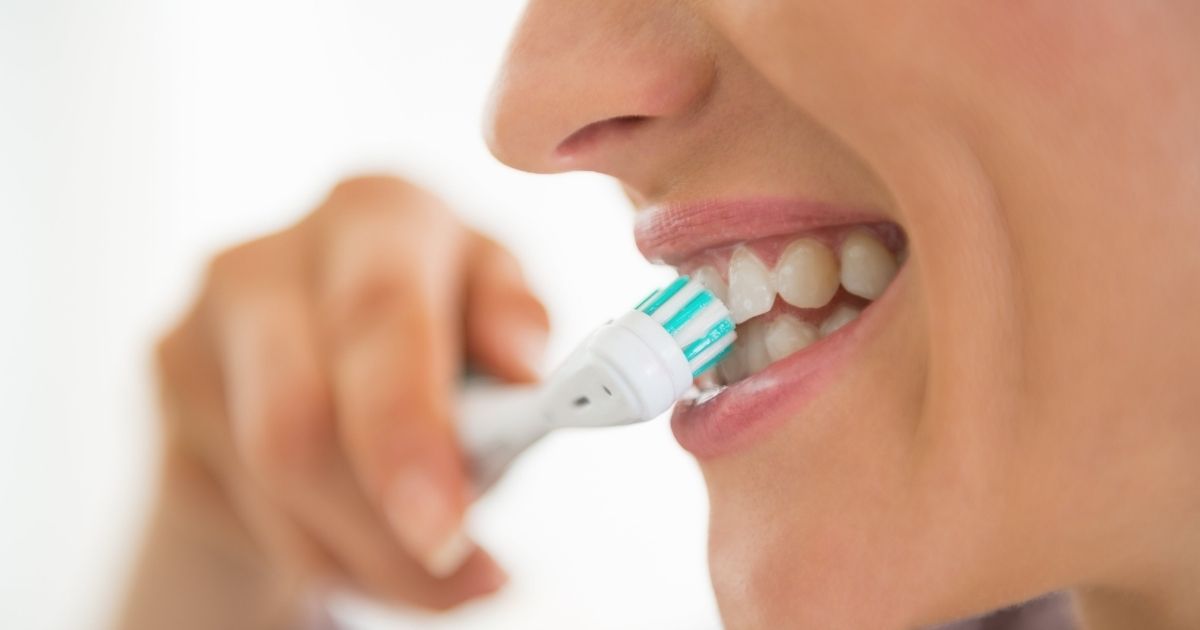Understanding preventive dentistry: Quick guide
Preventive dentistry is a proactive approach to maintaining oral health by preventing dental issues before they become severe.
This method of dental care emphasises regular dental check-ups, proper oral hygiene practices, and a healthy lifestyle to ensure teeth and gums remain healthy throughout one’s life.
In this blog, we will explore what preventive dentistry entails, the importance of preventive dental care, and guidelines on how often oral hygiene checks should take place.
Reading time: 4 minutes

What is preventive dentistry?
Preventive dentistry involves regular practices that help prevent poor oral health and development of dental diseases. This type of preventive care includes:
- Routine dental check-ups and cleanings by a dental hygienist
- Dental services like fluoride treatments or dental sealants
- Education on proper brushing and flossing techniques
- Nutritional advice to support oral health
- Lifestyle counselling, such as quitting smoking
By focusing on prevention, patients can avoid common dental problems like cavities, gum disease, and enamel wear.
Oral health and preventive dentistry importance
Early detection of dental issues
One of the primary benefits of preventive dental care is the early detection of dental issues. Regular check-ups enable dentists to identify problems such as tooth decay, gum disease, or oral cancer in their early stages, making them easier to treat. Early intervention can prevent minor issues from becoming major health problems.
Cost-effective
Preventive dental care is cost-effective in the long run. Treating dental issues in their advanced stages can be expensive and often requires complex procedures. By investing in regular check-ups and cleanings, patients can save money by avoiding costly treatments.
Maintaining overall health
Oral health is closely linked to overall health. Poor oral hygiene has been associated with various systemic conditions, including heart disease, diabetes, and respiratory infections.
By maintaining good oral health through preventive measures, individuals can reduce their risk of developing these health problems.
Enhancing quality of life
Good oral health contributes to a better quality of life. It allows individuals to eat, speak, and socialise without discomfort or embarrassment. Preventive dental care ensures that one’s teeth and gums remain healthy, contributing to overall well-being and confidence.
How often should you have oral hygiene checks?
The frequency of oral hygiene checks can vary depending on an individual’s oral health needs. Generally, it is recommended to visit the dentist for a check-up and cleaning every six months.
However, those with dental issues or a higher risk of dental problems might need to see their dentist more frequently. During these visits, the dentist can provide tailored advice on maintaining oral health and adjusting care routines as needed.
Components of preventive dentistry
Regular dental check-ups
Routine dental visits are a cornerstone of preventive dentistry. During these appointments, dentists perform comprehensive examinations of the teeth and gums to detect any signs of trouble. They also provide professional cleanings to remove plaque and tartar build-up that regular brushing and flossing might miss.
Proper oral hygiene practices
Daily brushing and flossing are essential components of preventive dental care. Dentists recommend brushing at least twice a day with fluoride toothpaste and flossing daily to remove food particles and plaque from between the teeth and under the gum line.
Fluoride treatments and dental sealants
Fluoride treatments help strengthen tooth enamel and make teeth more resistant to decay. Dental sealants are thin coatings applied to the chewing surfaces of back teeth (molars), where decay often starts. These sealants provide a protective barrier against bacteria and food particles.
Nutritional counselling
A healthy diet is vital for maintaining good oral health. Foods high in sugar and acid can contribute to tooth decay and erosion. Dentists can provide nutritional advice to help patients make healthier food choices that support strong teeth and gums.
Lifestyle counselling
Habits such as smoking and excessive alcohol consumption can negatively impact oral health. Preventive dentistry includes counselling to help patients quit smoking and reduce alcohol intake, thereby improving their overall health and reducing the risk of oral diseases.

The goal of preventive dentistry
The primary goal of preventive dentistry is to maintain healthy teeth and gums throughout one’s life. By preventing the onset of dental issues, patients can avoid pain, discomfort, and extensive dental treatments.
Preventive dentistry also aims to educate patients about the importance of oral health and empower them to take control of their dental care routines.
Dental care prevention tips
Here are some practical tips for effective dental care prevention:
- Brush your teeth twice a day: Use a soft-bristled toothbrush and fluoride toothpaste. Brush for at least two minutes each time.
- Floss daily: Flossing removes plaque and food particles from between the teeth and below the gum line.
- Limit sugary foods and drinks: Sugar can lead to tooth decay. Opt for healthier snacks like fruits and vegetables.
- Visit your dentist regularly: Regular check-ups and cleanings are essential for maintaining good oral health.
- Quit smoking: Smoking increases the risk of gum disease and oral cancer. Seek support to quit if needed.
- Use mouthwash: An antimicrobial mouthwash can help reduce plaque and prevent gum disease.
- Wear a mouth guard at night: if you suffer from bruxism or not, your dental clinical team can produce custom mouthguards to wear at night. These can protect your teeth against damage while you sleep.
The team at your dental practice should be able to give custom tips and advice based on your own needs. Always check with your dentist for further guidance, especially if you have pre-existing oral health issues.
Conclusion
Dental preventative care is a crucial aspect of maintaining dental health and well-being. By adhering to regular dental check-ups, practising good oral hygiene, and making healthy lifestyle choices, individuals can enjoy a lifetime of healthy smiles.
The importance of preventive dental care cannot be overstated, as it not only preserves oral health but also enhances quality of life.